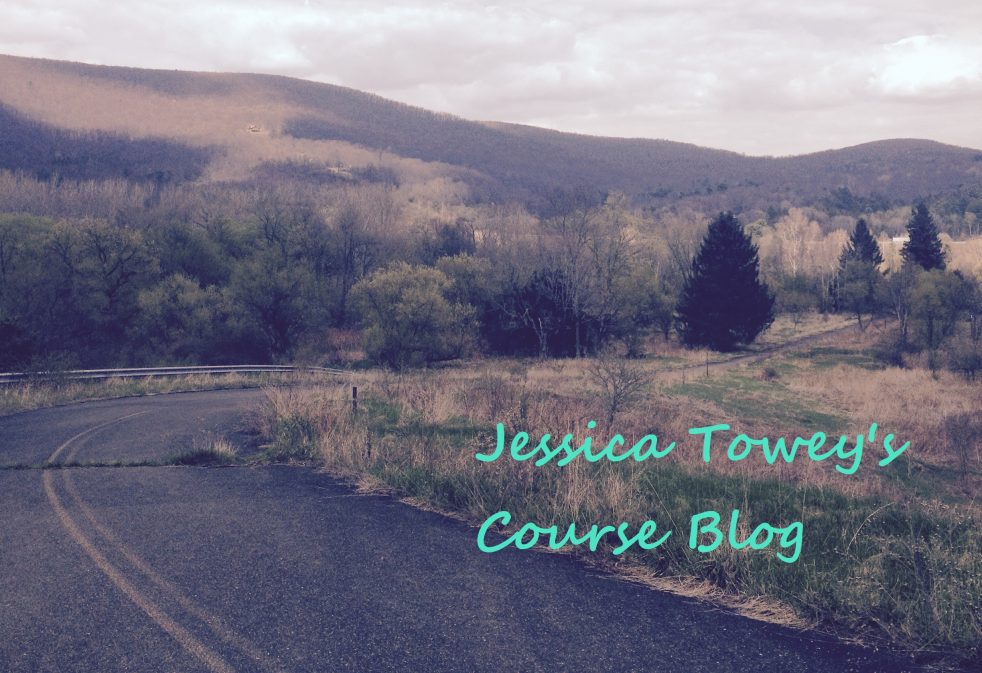Hello everyone! Things are starting to calm down a bit with other classes, so we plan to accomplish a lot of research throughout the week. On Tuesday, Claire and I plan to complete the background information portion of our website, as well as general website design and layout. We also hope to have our questions approved by IRB by the end of the week. As far as research goes, I’ve stumbled across various perspectives by chance over the course of the past week. One night while watching television with my roommate, a commercial for a lawyer came on the screen. The commercial gave a website and phone number to contact if you had any legal issues regarding fracking in the area. While writing the website on a sticky note, my roommate questioned why I needed the information. I told him about our project. It turns out, his family is very involved in the fracking industry. His father worked in the leasing department for the head company in our area for many years and his cousins work on various well sites. His father agreed to speak with us about fracking and his experiences in the industry. With this, we are able to represent the other perspective, the “pro-fracking” mindset. It partly solves our issue of avoiding the telling of a one-sided story. I also stumbled upon a different perspective yesterday. My forensics professor took a few of us on a hike in the PA Grand Canyon. During this hike, we fell on the topic of my professor working for the head fracking company for six months before parting on not-so-great terms. While he did not go into detail regarding those terms, he spoke of how the people in the industry are often after money, but that they are not bad people. He stated that to solve conflicts, companies threw money at people until the conflicts were resolved. After speaking for a bit, I mentioned our class and the project we are working on. When mentioning some of the sources we are using, he stated, in his opinion, that some of the sources are biased. Though he only worked in the industry for a short time, he agreed to speak to us regarding his first-hand accounts of the industry’s conflict resolution methods and regarding his “middle-ground” view of fracking. I mention these two instances to tie it back to what we discussed in class last week. The conflicts we all chose impact a large number of people in our area. You never know who could have information or a perspective on the conflict. Whether they’re your roommate, neighbor, friend, professor, or a fellow community member; they could have beneficial information that can change your perspective on the issue. It does not hurt to mention your project to others and spread the word.
Now, onto a tiny issue that Claire and I worked through. When developing a list of questions, we found the task a bit challenging. We do not know what to expect in regards to the direction of most interviews and conversations. We did our best to list out all the possible questions we could ask so that IRB can be completed. Here is the list of questions we plan to submit for approval. If there is a question you think is important that we didn’t include in our list, please feel free to suggest it in the comments! It is greatly appreciated.
General Questions for community members:
What is your interpretation of fracking?/ What do you know about fracking?
What is your perspective on fracking?
Do you think the positive impacts outweigh the negative impacts?
How long have you lived in Mansfield? (the next two are conditional upon the answer to this question)
What were some changes you noticed when fracking started in this area?
Upon moving here, did you notice any specific impacts from fracking?
Do you think the community would be better off if fracking had never begun in this area?
Questions for professors:
How has fracking impacted the environment? (we would make this question specific to the field of study of the professor; ie. Impact on Fish populations, landscape, plant life, etc.)
Dr. Guignard:
What (event) happened to make you decide to write a book on this specific topic?
Have you noticed anything different in the community since your book has been published?
What was the general response to your book?
Do you feel that your book has made an impact in the community?
Do you see fracking as a possible cause of future/further negative impacts in this area?
Questions for members of the fracking community/city officials/dealing with legal documents:
What led you to this career path?
In your eyes, what are the benefits of fracking?
What was/is the most difficult aspect of your job?
How do people typically react when you say you work in the fracking industry?
How did you handle destruction caused by the job/your workers in the town?
What was the response of the town/townspeople when you started the job?
What was your most memorable story from when you worked in the fracking industry?
How do you feel about the negative perspectives on fracking?

Hello Jessica,
That is really a small world. These are things you cannot plan like talking to your roommate, and him knowing the fracking industry. Also a professor who is part of the business as well. That is really cool! Good luck on those interviews!
I agree with Alyssa; it’s amazing how incidental conversations can lead to new connections and perspectives! It sounds like you’re making the most of pursuing many different leads to figure out how fracking has affected your community, for good and for ill. I’m looking forward to hearing more about what you discover! And I think you both have come up with a good range of questions tailored to the different groups of people you plan on speaking with.